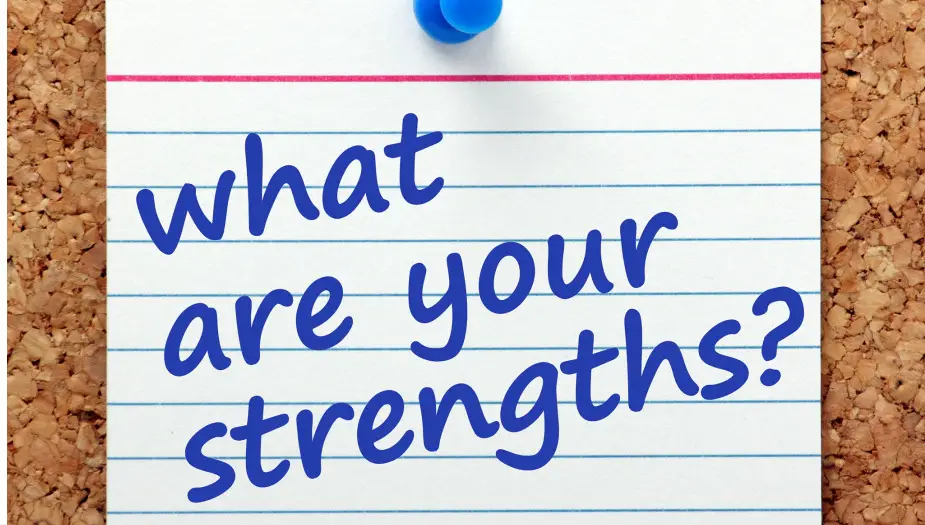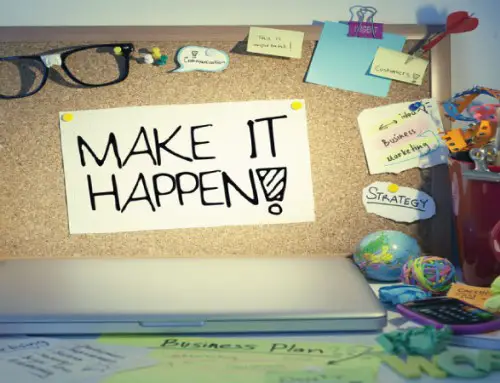Looking to hire top talent? Learn how to ask strengths based interview questions that reveal a candidate’s true potential. Our blog post covers the benefits of this approach and provides sample questions to help you get started. Don’t miss out on the opportunity to build a stronger team – read our post now!

What are Strengths Based Interview Questions?
Strengths based interview questions are designed to help employers identify a candidate’s strengths and potential rather than just their qualifications and experience.
These types of questions focus on what the candidate does well, what they enjoy doing, and what motivates them.The goal of a strengths-based interview is to move beyond the traditional question-and-answer format and encourage candidates to discuss their experiences in more detail, providing insights into their abilities, values, and personality traits.
Examples of strengths-based interview questions include:
- What are you most proud of in your career so far?
- What are some projects or tasks that you have found particularly fulfilling?
- What activities do you find energizing or motivating?
- Can you describe a time when you overcame a challenge using your strengths?
- How do you think your unique skills can contribute to our company culture?
By asking these types of questions, employers can gain a better understanding of a candidate’s potential fit within the organization and how they can contribute to its success based on their individual strengths.
How to Answer Strengths Based Interview Questions
When answering strengths based interview questions, it’s important to provide concrete examples or stories that illustrate how your strengths have helped you in the past. Avoid simply listing off your strengths – instead, focus on the context surrounding them and how they can be used to solve the challenges faced by an employer.
Be sure to also include any relevant successes that demonstrate how you have applied your strengths in the past. This will help employers understand your potential and whether or not you’re a good fit for their team.
Remember to stay positive and confident when answering these questions. Focus on what you can do rather than what you cannot do – this will demonstrate your enthusiasm for the role and give employers a good indication of your potential.
Example answers to strengths based interview questions

What are you most proud of in your career so far?
Answer: I am most proud of leading a team to successfully launch a new product line for my previous company.
It was a challenging project that required collaboration across departments and managing multiple stakeholders, but we were able to deliver on time and within budget.
Seeing the positive impact it had on the company’s revenue and growth was incredibly fulfilling.
What are some projects or tasks that you have found particularly fulfilling?
Answer: One project that stands out to me is organizing a charity event for a cause I’m passionate about. It involved coordinating with various vendors, recruiting volunteers, and promoting the event through social media.
It was rewarding to see so many people come together for a good cause and raise awareness and funds.
What activities do you find energizing or motivating?
Answer: I find brainstorming sessions with colleagues energizing as they provide an opportunity to exchange ideas and perspectives.
I also enjoy taking on complex challenges that require creative problem-solving skills as they keep me engaged and motivated.
Can you describe a time when you overcame a challenge using your strengths?
Answer: In my previous role, we faced significant budget cuts which meant we had to reduce our team’s headcount while still maintaining our productivity levels.
To overcome this challenge, I used my strengths in communication and relationship-building to work closely with each team member, understand their strengths and weaknesses, and redistribute responsibilities accordingly while ensuring everyone felt supported.
How do you think your unique skills can contribute to our company culture?
Answer: My strong work ethic combined with my positive attitude helps create an environment where everyone feels valued and supported.
My ability to approach problems from different angles can help bring fresh perspectives to existing projects while my passion for continuous learning can inspire others around me to stay curious and grow professionally.
How to Ask Strengths Based Interview Questions

Asking strengths-based interview questions requires a slightly different approach than traditional interview questions. Here are some tips for asking these types of questions:
- Start with an open-ended question: Begin by asking an open-ended question that allows the candidate to share their experiences and insights. For example, “Can you tell me about a time when you felt particularly successful in your career?”
- Focus on the candidate’s strengths: Make sure your questions focus on the candidate’s strengths and what they do well. Avoid asking questions that only focus on their weaknesses or areas for improvement.
- Use behavioral interviewing techniques: Use behavioral interviewing techniques to ask follow-up questions that dig deeper into the candidate’s experiences, such as “What specific actions did you take to achieve that success?” or “How did you use your strengths to overcome any challenges?”
- Listen actively: Listen carefully to the candidate’s responses and ask clarifying questions if needed. Pay attention not only to what they say but also how they say it and their body language.
- Follow up with tailored questions: Based on the candidate’s responses, follow up with tailored questions that help you better understand their skills, values, and personality traits.
By following these tips, you can create a more engaging and insightful interview experience that helps identify candidates who are the best fit based on their unique strengths and potential contributions to your organization.





Leave A Comment